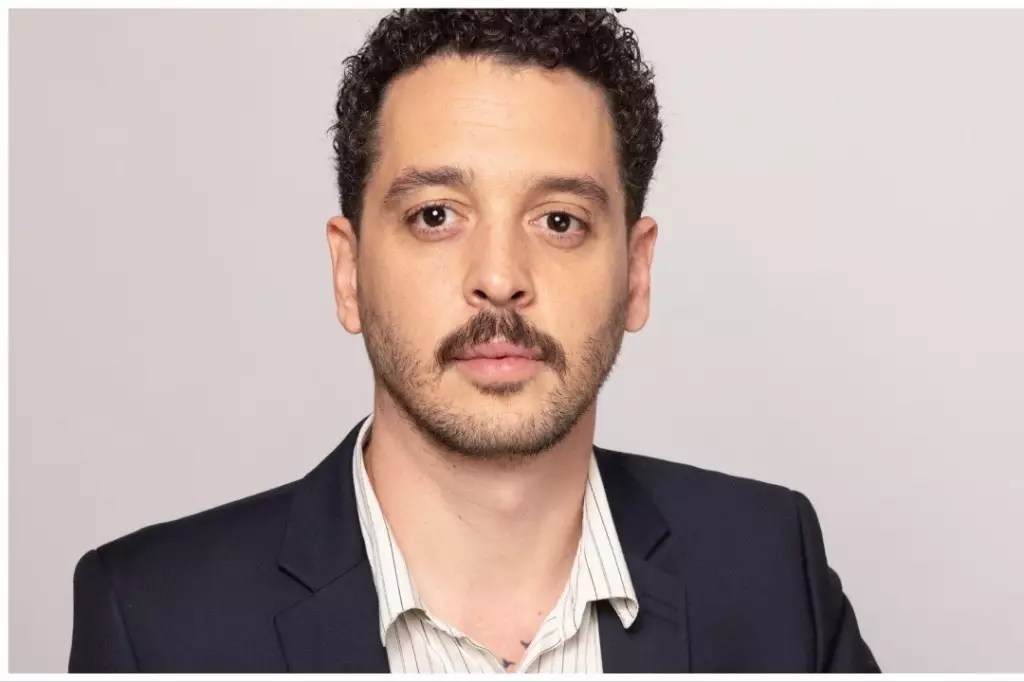Inshallah A Boy, the debut feature film by Amjad Al Rasheed, has been making waves ever since its premiere at Cannes Critics Week. This thought-provoking film, which has also been selected as Jordan’s official submission to the Oscars, is now being showcased at the prestigious Red Sea International Film Festival. Starring Mouna Hawa, the film delves into the life of a Jordanian housewife who finds herself on the verge of losing her home and daughter following her husband’s untimely demise. This is due to archaic laws and traditions that unjustly deny inheritance rights to women. The protagonist’s only hope lies in giving birth to a son, who would then become the rightful heir to their family’s property.
Al Rasheed draws inspiration from a close relative who faced a similar predicament. Although this relative was eventually allowed to retain her home, Al Rasheed contemplated the alternative outcome if her in-laws had refused. “What if she had then said no to all these laws and traditions?” ponders Al Rasheed, when reflecting on his muse’s experience. Building upon this fundamental question, Al Rasheed explores the courage and resilience required to challenge societal norms.
Inshallah A Boy shines a spotlight on the prevalent issue of gender inequality in Jordanian society. The film delves into the struggles faced by women who are denied their rightful inheritance due to discriminatory laws and customs. By telling the poignant story of a housewife fighting to safeguard her home and her daughter’s future, Al Rasheed exposes the deeply entrenched biases that prevent women from enjoying the same rights and opportunities as men.
Through this powerful narrative, Inshallah A Boy highlights the intersectionality of cultural and legal barriers faced by women in Jordan. The film dissects the complex web of customs and traditional practices that perpetuate gender disparities within society. It challenges the audience to question the validity and fairness of these entrenched norms, pushing for a more inclusive future.
At its core, Inshallah A Boy serves as a rallying cry for change. By laying bare the struggles of its protagonist, the film prompts viewers to confront the antiquated beliefs that stifle progress and perpetuate gender inequality. It encourages individuals to question long-standing traditions that deny women their rightful place in society.
The global success of Inshallah A Boy speaks to its universal themes and its ability to resonate with audiences all over the world. It serves as a reminder that gender inequality is not exclusive to Jordan but is a pervasive issue that demands attention on a global scale. The film serves as a catalyst for a broader conversation surrounding gender disparities and the urgent need for change.
As Inshallah A Boy continues to dazzle audiences on the festival circuit, its impact reaches far beyond the silver screen. It serves as a catalyst for dialogue, inspiring individuals and communities to challenge the status quo and work towards a more equal and inclusive society. Through its compelling narrative and its unwavering commitment to shedding light on gender disparities, Inshallah A Boy is a powerful force for change.


Leave a Reply